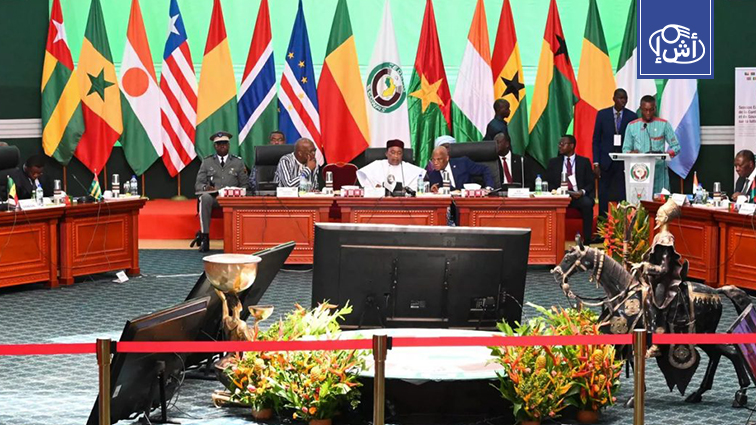ECOWAS warned of the possibility of imposing restrictions on the movement of citizens of Mali, Burkina Faso, and Niger in reaction to their establishment of a new confederation, which threatens to restrict freedom of movement in the region.
The Chairman of the ECOWAS Commission, Omar Aliyu Touray, explained that these countries may be exposed to political isolation and have their investments negatively affected as a result of their separation. He pointed out that this separation complicates the security situation in the region and hampers efforts to form a joint regional force.
While Senegalese President Basserou Diomaye Faye, who attended the group’s 65th summit in Abuja, called for calm and improvement of relations between ECOWAS and the separate Sahel countries, Faye was appointed as a mediator with Togolese President Faure Gnassingbé to address these issues.
For its part, the Nigerian Sahel Alliance news website indicated that the three countries concerned are currently benefiting from freedom of movement within the West African Economic and Monetary Union, which is based on a well-established legal framework that guarantees the movement of people, goods and services.
The decision to impose visas will not directly affect the movement of citizens of these countries with member states of the Economic and Monetary Union, but it may affect their movement with other countries in ECOWAS that do not belong to this union.
It is noteworthy that the West African Economic and Monetary Union (UEMOA) was established on January 10, 1994, in Dakar, Senegal, succeeding the West African Monetary Union, which was established in 1963, and includes Benin, Burkina Faso, Ivory Coast, Guinea-Bissau, Mali, Niger, Senegal and Togo.
America and its biological tests…and dangerous secrets surrounding its mission in Kenya
